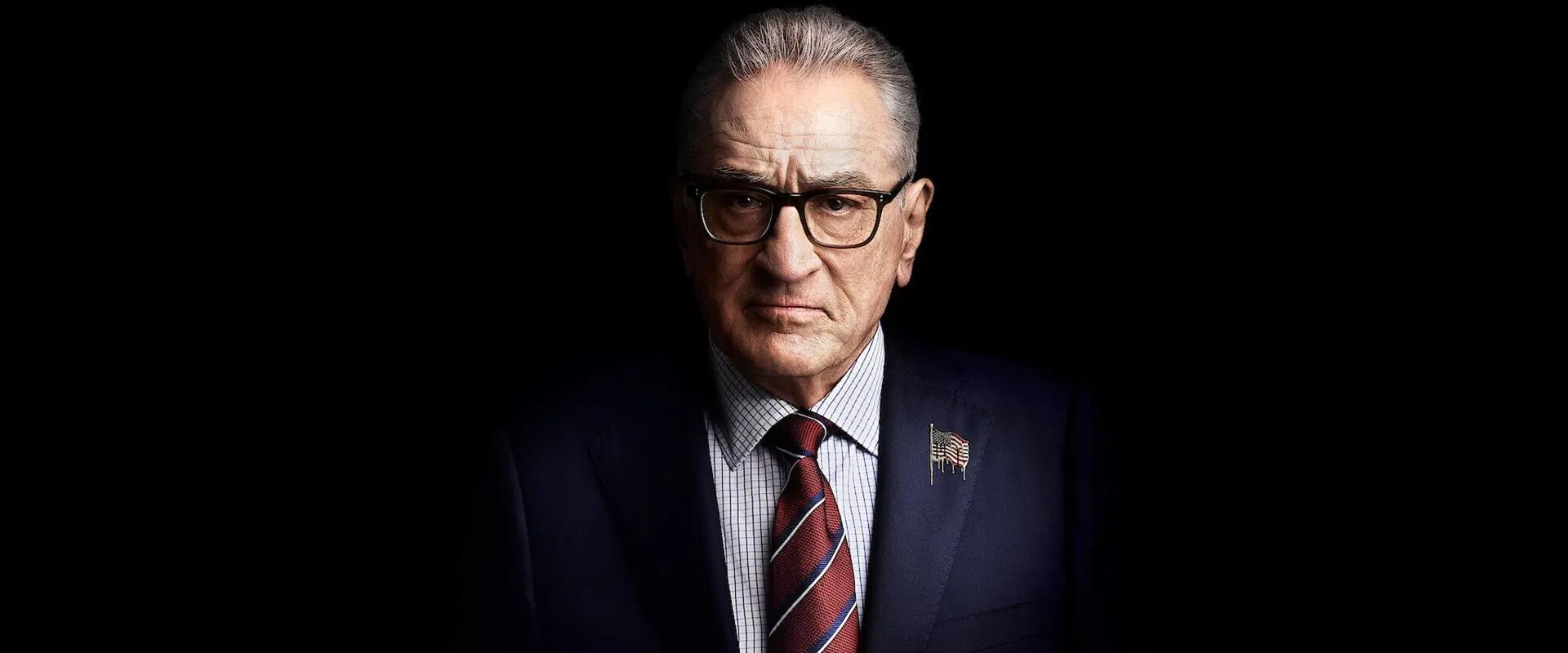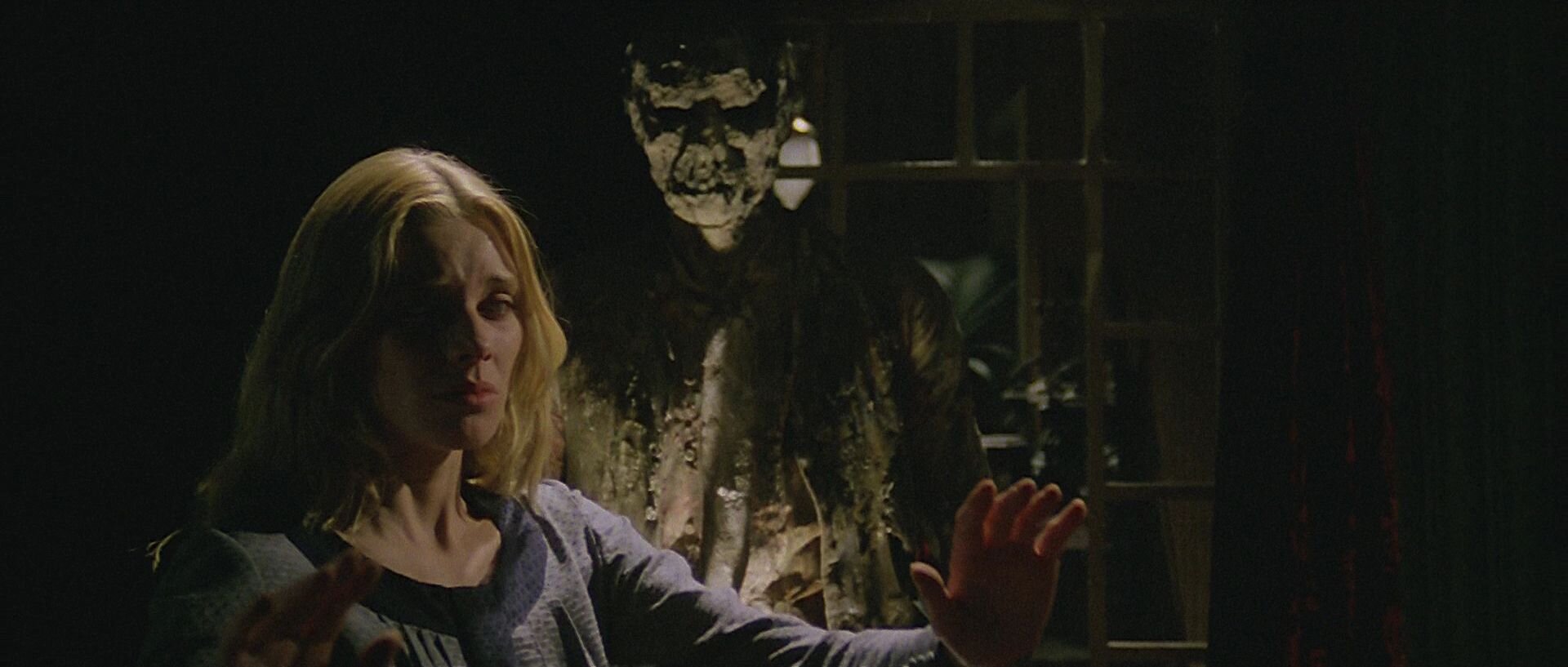Zero Day is a Netflix miniseries released on February 20, 2025, positioning itself within the political thriller genre with a contemporary, cyber-oriented narrative. Created by Eric Newman, Noah Oppenheim, and Michael Schmidt, and directed by Lesli Linka Glatter, the series explores the aftermath of a devastating nationwide cyberattack that results in mass casualties and widespread chaos. The series seeks to intertwine themes of political power, personal trauma, and societal paranoia, all set within a framework that aims to reflect timely concerns about cyber warfare, disinformation, and governmental conspiracy. Despite its ambitious premise and high-profile cast led by Robert De Niro, the series ultimately struggles to translate its ideas into a cohesive and impactful narrative.
Character and Plot Overview
Robert De Niro delivers a commanding performance as George Mullen, a former U.S. President unexpectedly called out of retirement to investigate the presumed responsible parties behind the cyberattack known as Zero Day. His portrayal is marked by a gravitas that anchors the series, with supporting performances from Lizzy Caplan as Alexandra Mullen, Jesse Plemons as Roger Carlson, and Angela Bassett as President Evelyn Mitchell adding layers of complexity to the political and personal web. The plot navigates through multiple episodes featuring political maneuvering, clandestine investigations, and personal deterioration, notably depicting Mullen’s declining mental health and family entanglements.
The narrative unfolds with considerable tension as the series introduces various suspects, including Russian operatives, domestic terrorists, and Silicon Valley elites, culminating in a convoluted web of conspiracy. The show culminates in a finale that attempts to reconcile many storylines but leaves several plot points unresolved, with some criticising the pacing, especially in the latter episodes, which feel rushed or stretched thin. The intricate plot is laden with political machinations and personal tragedies, but its execution occasionally hampers clarity and emotional engagement, rendering some developments predictable or superficial.
Thematic Elements
Zero Day ambitiously explores themes of political trust, the fragility of mental stability, and the murky ethics surrounding technological warfare and government secrecy. It reflects contemporary anxieties about disinformation, government overreach, and the cyclical nature of paranoia within national security discourse. The series invokes similarities to works like Homeland and House of Cards in its depiction of political power struggles and personal betrayals, while also echoing genre elements from cyberpunk and conspiracy thrillers. However, its attempts at moral and thematic depth are undermined by uneven storytelling, often risking superficiality or ambiguity that may frustrate viewers seeking a more incisive critique.
The character arcs, particularly Mullen's psychological unraveling and familial conflicts, serve as allegories for broader societal tensions—highlighting the personal cost of political and technological crises. Nonetheless, the series’ nuanced exploration of these themes is sometimes undermined by its narrative pacing and limited character development, precluding a more profound engagement with its underlying messages.
Descriptive Language and Production Insights
Visually, Zero Day employs a stark, modern aesthetic that underscores the cold, high-stakes atmosphere of cyber warfare and political intrigue. Glatter’s direction, noted for her work on Homeland, facilitates a tense and atmospheric tone, with careful attention to lighting and camera work that amplifies moments of suspense and vulnerability. The series makes effective use of computer-generated imagery and sound design to evoke digital chaos and societal breakdowns, immersing viewers into a world teetering on the brink. Costume design and set decoration reinforce the series’ contemporary setting, with an emphasis on technological environments contrasted by the more subdued private spaces of the characters.
While the series exhibits competent production values, its visual and auditory elements primarily serve to support the plot rather than elevate its artistic ambitions, maintaining a functional rather than innovative approach overall.
Critical Analysis
Zero Day delivers a fundamentally competent but disappointingly conventional political thriller. De Niro’s presence dominates proceedings, elevating a script that, despite its numerous high-concept ideas, feels underdeveloped and cluttered. The characterizations lack depth, reducing complex figures to mere plot devices or political mouthpieces, such as Dan Stevens’ Evan Green, whose character largely functions as a caricature. The series’ ambition to probe societal issues is occasionally notable but is hindered by inconsistent pacing and a sprawling six-episode structure that could have benefitted from tighter editing—potentially condensing the narrative into three or four episodes to improve flow.
The series’ biggest flaw resides in its unresolved plot threads and rushed climax, which diminish its impact and leave viewers with a sense of unfulfilled potential. While it captures the zeitgeist of paranoia and conspiracy, it often does so at the expense of clarity and emotional resonance. Nonetheless, it remains watchable, especially for fans of the genre or those interested in political machinations, owing to solid performances and a workmanlike direction.
Conclusion
In summation, Zero Day is a series that endeavors to combine timely political commentary with a thriller’s edge, anchored by Robert De Niro’s formidable performance. It offers a visually polished and thematically provocative narrative, but its execution is flawed by narrative bloat, superficial characterizations, and an unsatisfying resolution. It reflects the anxieties of a polarized, digitally fragile society, yet ultimately falls short of delivering the incisive critique it aspires to be. For viewers seeking entertainment mixed with topical reflection, it provides some gripping moments, but for those craving a more profound or cohesive exploration of its themes, the series may feel like an overextended, uneven exercise in storytelling.


